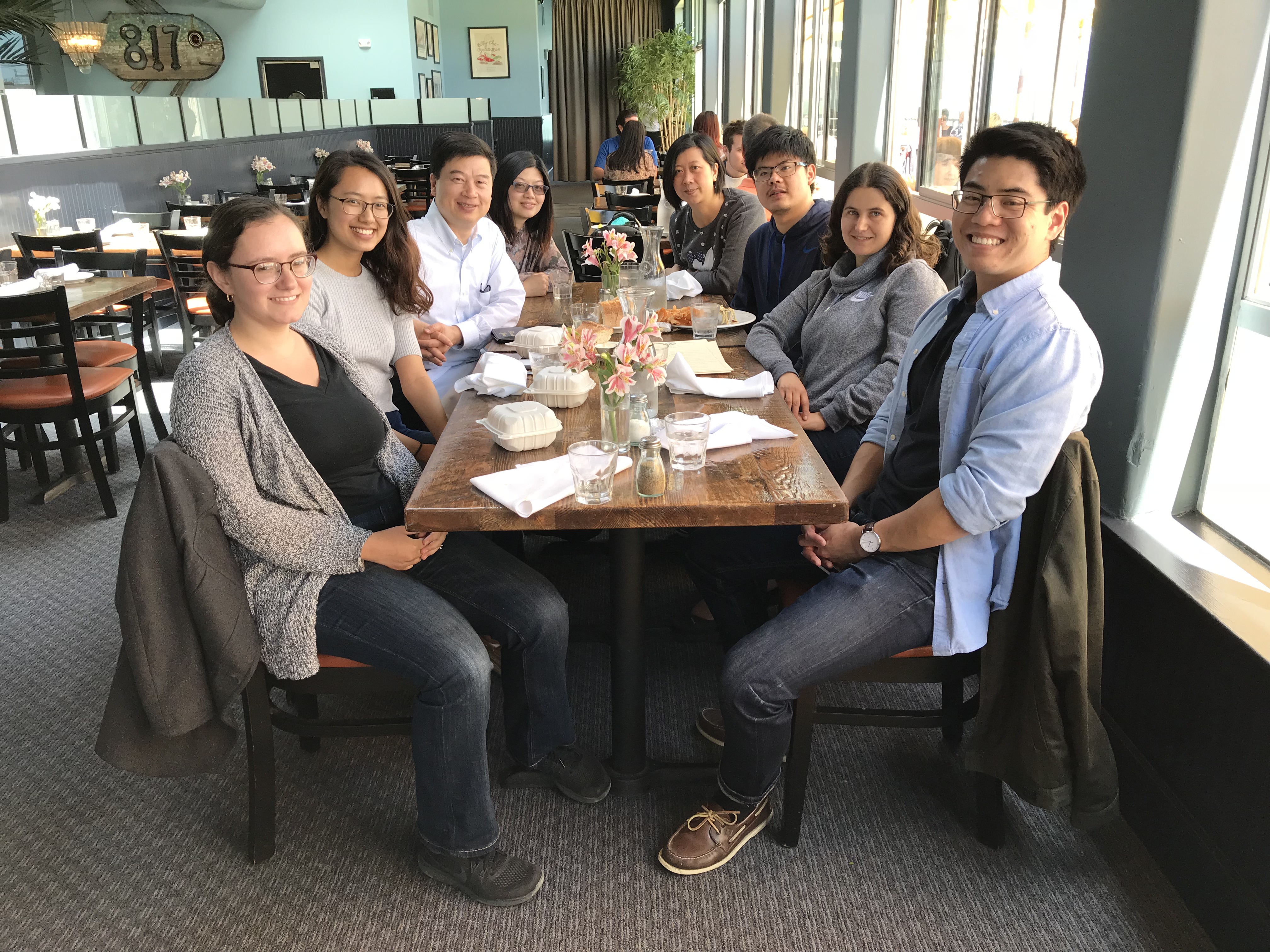
The overall goal of our research is to develop the tools for genetic analysis of whole genomes and to apply these tools to elucidate the genetic factors associated with human diseases and traits.
We are actively involved in three areas of research. First, we are developing efficient methods for single DNA molecule analysis with the goals of mapping whole genomes and determining the haplotypes of diploid individuals unambiguously. Second, we are applying state-of-the-art genetic tools to search for genetic factors associated with complex human traits. Third, we are bringing genetics into clinical practice in the context of risk prediction for common diseases.
On-going collaborative projects include the study of complex repetitive motifs (including the Olduvai (DUF1220) domains relevant to autism) and segmental duplications (including microdeletions that lead to DiGeorge and Williams syndromes); full genome analysis for diagnosis of congenital disorders with negative whole exome sequencing findings; clinical sequencing of under-represented individuals with rare genetic disorders; whole exome sequencing for newborn screening of inherited metabolic disorders. We are also playing a key role in the Taiwan Precision Medicine Initiative, a pilot project to obtain genetic profiles of >1 million people for clinical management and research.
